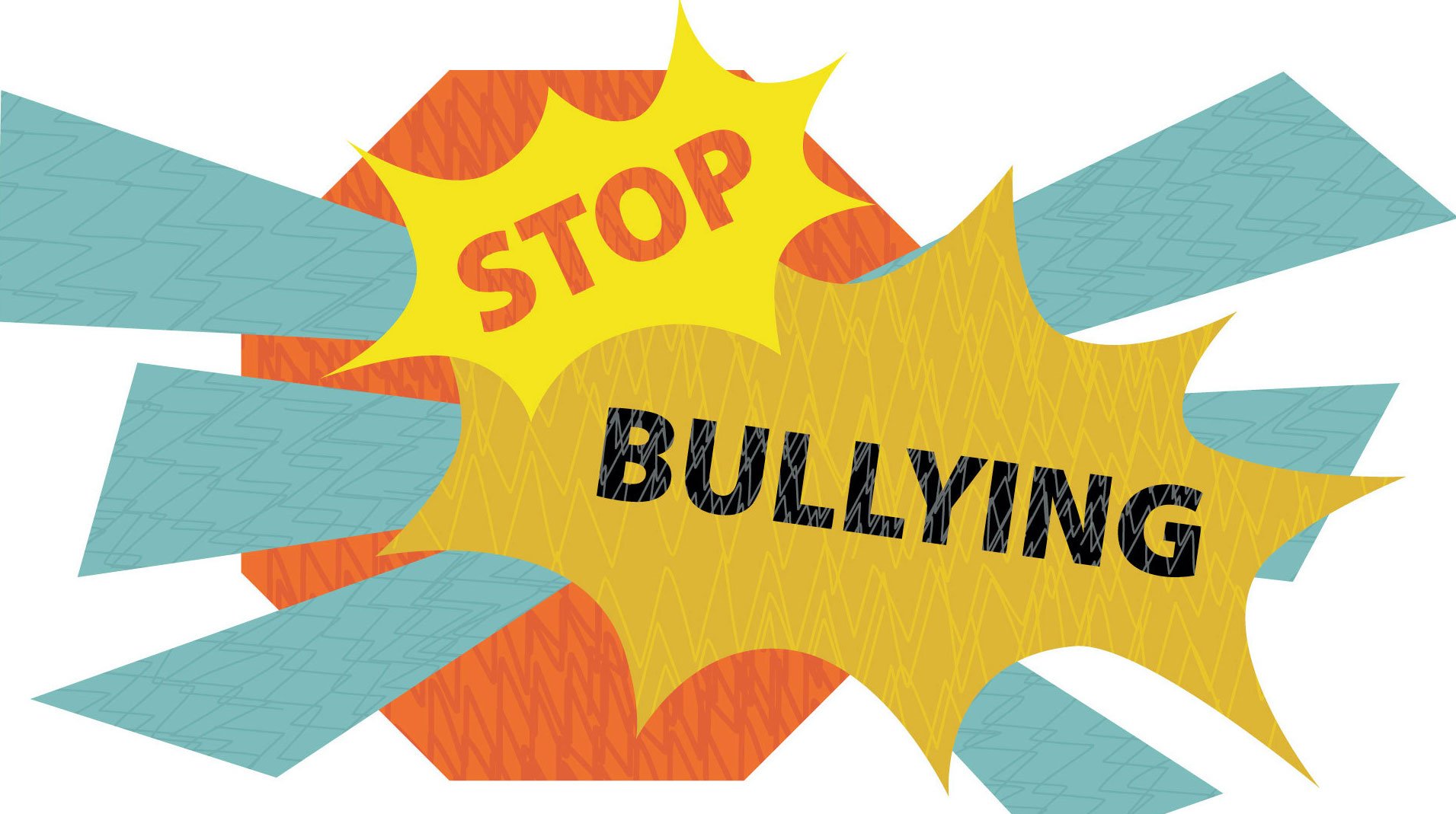
Bullying is a form of aggressive behavior in which someone intentionally and repeatedly causes another person injury or discomfort. Bullying can take the form of physical contact, words, or more subtle actions. Studies throughout the years have shown that kids identifying as part of the LGBT+ community are more likely to be bullied within the school environment. Coping with bullying is emotionally draining and can trigger mental health issues. It can make kids feel worried, vulnerable, and helpless. The chances of these kids to develop repulsive behavior are higher after the “first” shock and embarrassment that they may experience. They have no idea what to feel and how to act in a situation of bullying. Unfortunately, some of these kids are starting to blame themselves for the external behavior they are facing and that can damage their well-being. Furthermore, it can damage their social skills, their self-esteem and assertiveness skills. In worst situation, it can lead to depressive feelings or even suicidal tendencies.
What is Bullying?
Bullying is defined as misuse of power in relationships through social and verbal behavior that can cause physical, mental or social harm. It usually includes one or more individuals who misuse their power. Bullying can happen through different mediums, in person or online (cyberbullying) through various digital platforms. It can be obvious or hidden. Bullying due to any reason and in any form can harm physical and mental health of children.

Recognizing the bullies
Usually the bullies share some common characteristics in their behavior. They are trying to be dominating. They have the urge to be the “ones in charge” by looking for targets who seem weaker than them. It is very often that bullies are targeting individuals that seem vulnerable to them and are displaying their dominance. They are defensive. They can never be wrong. And if someone tries to tell them otherwise they will do anything, by any means, to prove them wrong. Also, one of their major characteristics is their deceptiveness. They manipulate people and situations to gain support. In order to achieve that they are not afraid to cheat, mislead someone, hide the truth or manipulatively change the story. This is happening because their power is based on lies.
Bullying against kids in School
School is a decisive factor for the formation of a child’s personality and character from an early age on. It is a primary center that helps the children to learn, grow, and succeed. However, high school can be extremely challenging for kids as they may face abuse and harassment. All students should be treated with dignity and respect despite their sexual orientation. LGBT+ kids are at increased risk of being harassed and bullied. According to the Youth Risk Behavior Survey report, bullying is more common among the kids who identify themselves as part of the LGBT+ than any other group. Moreover, bullying enhances the risk of depression, suicidal thoughts, drug abuse, and stress in LGBT children. It aggravates the risk of anxiety, loneliness, lower self-esteem, lack of confidence, and depression among kids.Browse our partner-sponsored Glasses, with a variety of options to suit every taste and budget, available to buy online
Also, bullying can have a negative effect on kids’ education as well as on their mental health. Those kids who study in discriminatory environments at school are more likely to feel unsafe at school. As a result, they avoid social interaction and classes and miss activities at school. According to a research study from the United States it was found that almost 70 % of LGBT kids feel unsafe at schools. In another study it was proved that 59 % of LGBT kids in China had bad academic performance due to bullying at school. Trans kids are at an even higher risk .
How to stand up to Bullying?
Speak Up!
Don’t underestimate the power that lies in you! You are stronger than you think. Name the fakery, the lying, the cheating. Bullying is a serious issue that can make you or another person feel isolated, but by speaking out against those who bully others, you have the power to stop it.
Don’t go along with it!
Adolescents who bully others are mostly craving attention. They are seeking an audience to confirm their “popularity”in the school environment. Those who laugh or cheer on bullies are sending the message that they approve of their actions. If you stand up for the person being targeted, you can show that you’re against the abusive behavior. Other people that also disapprove of this behavior will follow your lead!
Speak to someone!
Bullying can appear in hidden form. Don’t hide any problems from your friends, guardians or teachers. Seek help and support from your friends and be open to talk to them about what happened to you. By getting assistance and support from your friends you will be encouraged to speak out against bullying. If you face or witness bullying, reach out to a person you trust whether this is a teacher or a member of your family and inform them. If the situation is getting out of hand to a point where it is affecting your daily life functioning then speak to a school counselor. The counselor will help you to identify your trigger and will provide you techniques on how to cope with harassment and bullying.
Report the incident!
In addition to talking to an adult you trust, you can report incidents to someone who is in authority. Making a complaint can be a good way for the problem to be solved. Once the school authority is informed, they should be able to take immediate action on the matter and find ways not only to control this particular situation, but also to prevent future bullying. In this way, students will feel safe to report if they are a victim of bullying at school.
Increase inclusion and discussion.
Try to discuss bullying and its impacts with other students, teachers, parents, and other community members. Teach the people you interact with what bullying is and how to respond in such cases. So, they would be able to identify it if it happened to them or their other classmates. Teach them to support other kids and stand for those who are unable to. Teach them not to judge other people on the basis of their appearance, identity, sexual orientation etc.
Take action!
Talk to your school or the community near you about the possibility of formation of a bullying prevention committee to protect such children from bullying. Encourage and motivate other students, young people, teachers and parents to get involved in it. Additionally, you can conduct seminars and online webinars in order to encourage young people to speak out about acts of bullying and find ways to stop them. Through this you will be able to spread awareness regarding bullying.

If you are a parent and you notice emotional ups-and-downs in your child’s mood or alarming changes in your child’s behavior, then observe your child closely. Make your child feel safe and listen to what they have to say to you. Show them you care! Bullying can leave long lasting and detrimental consequences for children.
Being a victim of bullying can make you feel overwhelmed, anxious or depressed. Try to protect yourself. If you are facing any sort of bullying; whether that is emotional, physical or verbal abuse, which is harming your well-being, then seek out professional help immediately.









